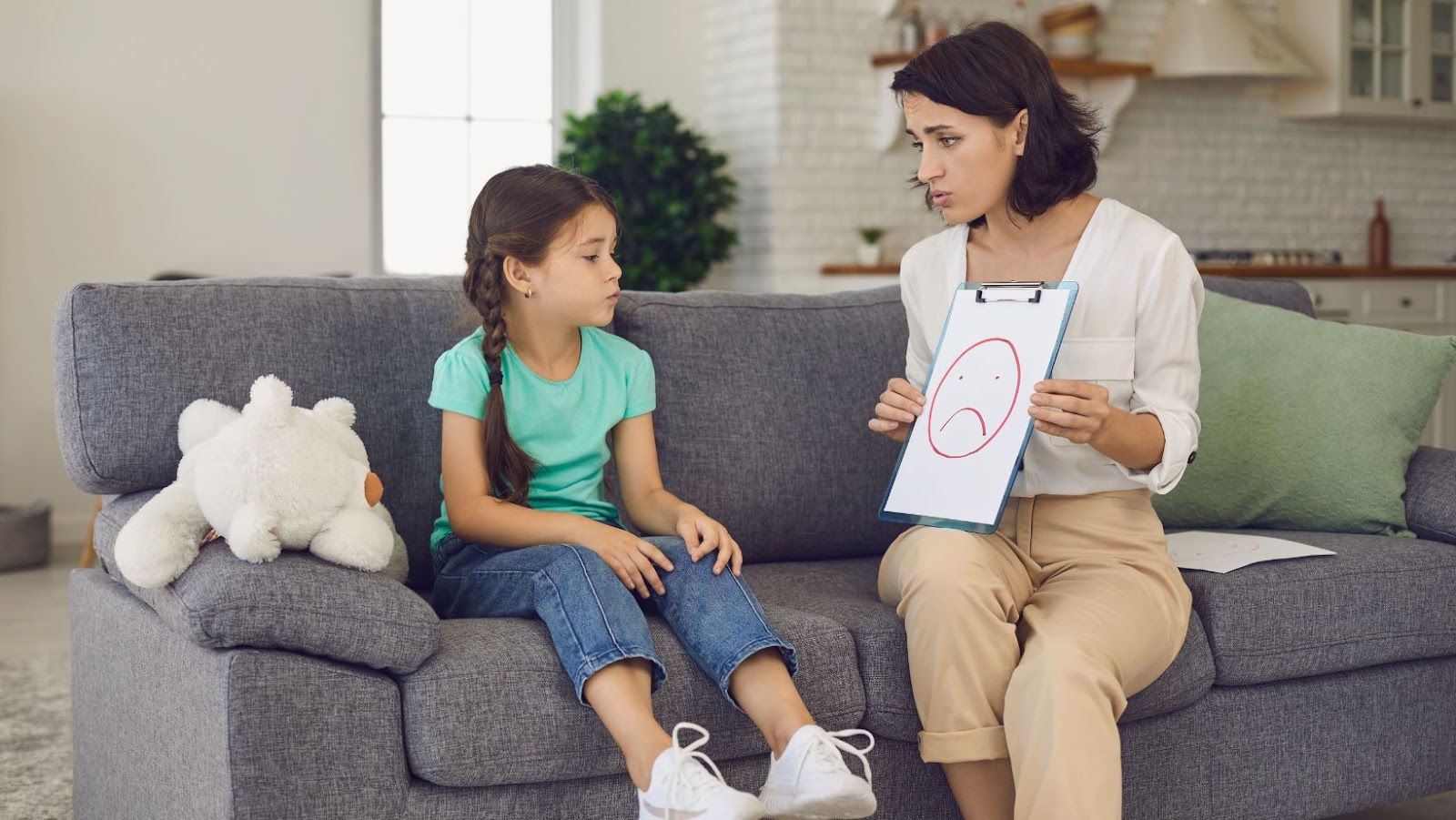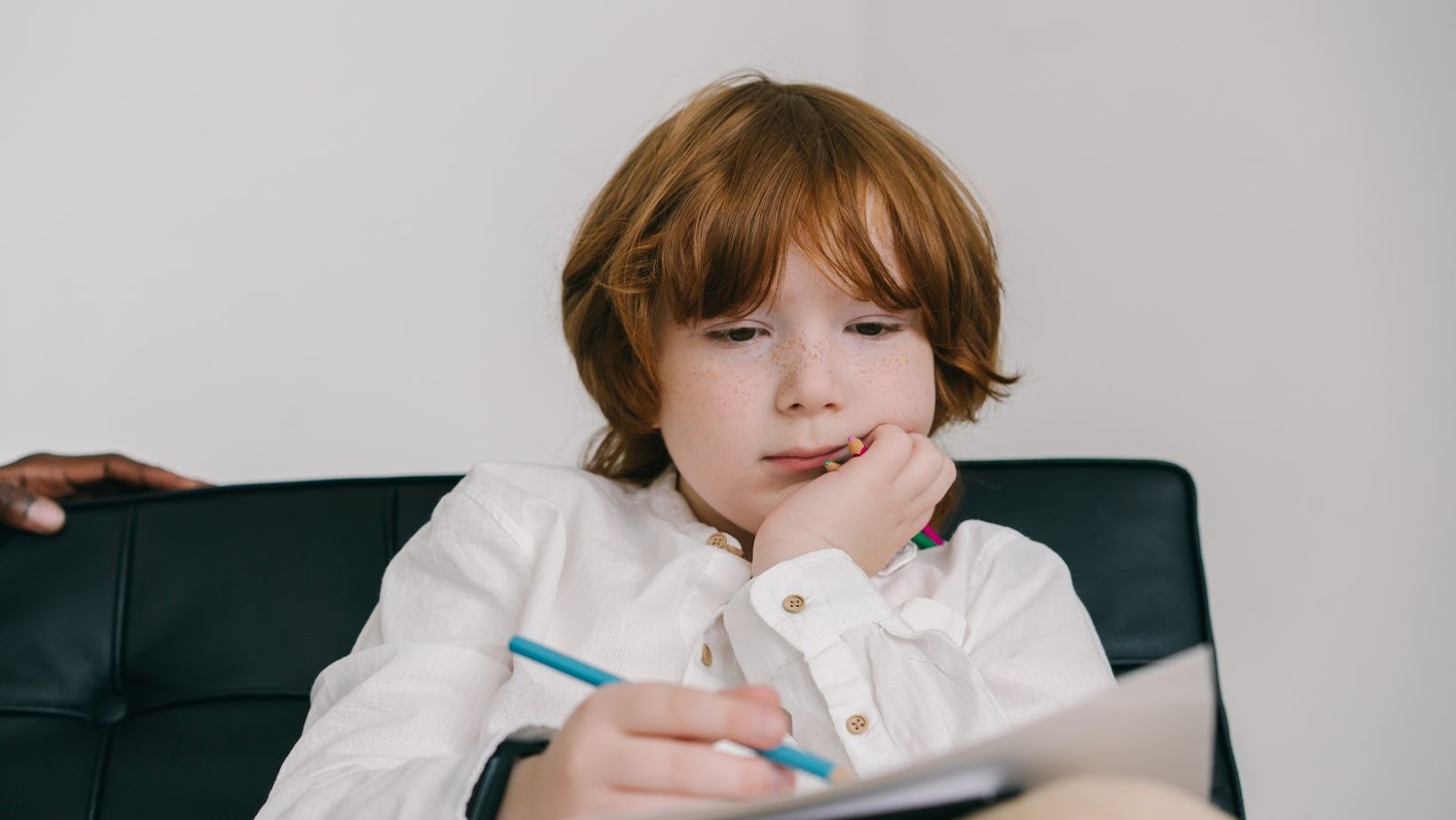
You long for your kids to be happy — to go through life with confidence, self-love, and the ability to trust, love, and have healthy relationships. Yes, you want them to be physically well, but at the core, you wish for your children to go beyond living life to enjoy it.
Unfortunately, so many children today experience mental health issues. For example, as of 2020, 12% of kids 3-17 had experienced anxiety or depression in their lives, which is a statistic that seems to be increasing each year.
Therapy is a valid option for those who really need the help, but don’t underestimate the difference you can make as a parent. Your love and attention can be just the thing to improve your child’s mental health or maintain well-being. These tips will help you provide the atmosphere and relationship your children need to thrive.
1. Be a Haven
When so much of their world is unstable or strange, you and your home provide a haven for your kids. Establish an atmosphere of trust, communication, and unconditional love so your children know they can come to you no matter their circumstances.
2. Establish Consistency in Your Home
Kids thrive on routine. Having a dependable schedule can drastically reduce your children’s anxiety. At least at home, they can rest easier knowing what to expect on any given day. Your kids should also be well aware of your expectations and rules. Consistency lets them know exactly what behaviors will receive a consequence.
3. Love Unconditionally
So much of a child’s anxiety is based on the desire to gain their parent’s approval. Constantly using your words and actions to reassure them of your unconditional love and support them will go a long way toward putting your kids at ease.
4. Encourage Healthy Relationships
Socialization is essential for everyone, especially growing kids. The time to teach them about forming and maintaining healthy relationships is while they’re still in your home.

Encourage them to spend time with positive influences and build bonds with good friends and family members. Equally importantly, you must teach them how to handle toxic relationships.
5. Be Open About Your Mental Health
Coping strategies are the secret sauce for dealing with overwhelming feelings and situations, especially when experiencing mental health challenges. If you have a diagnosed mental health issue, try opening up about it with your child at a developmentally appropriate level. They’ll appreciate your honesty and trust in them. It will also open up opportunities for you to talk through how you cope with your triggers and everyday mishaps.
6. Get Outside
Simply getting outside has such a powerful impact on your mood. Fresh air, sunshine, and greenery work together to reduce the stress hormone cortisol and increase feelings of creativity. You can hang out as a family in your backyard, go on nature walks or take the kids to a local playground to add more socialization to the mix.
7. Limit Access to News and Social Media
With technological advancements, kids at increasingly low ages have unprecedented access to social media and the news. Your children may view or hear content they’re not developmentally prepared for. Imagine how you feel when seeing the headlines of local, national, and world news. Multiply that exponentially and add a layer of incomprehension to understand how your kids experience it.

Social media is just as bad, showing them a world of highlight reels no one can live up to regularly. Limiting exposure to both outlets and replacing it with healthier alternatives like educational apps or traditional play time will improve their mental well-being.
8. Know Your Child
Creating a deep relationship with your kids will model what they should look for in other healthy relationships. Show them you care, be open and honest, and spend lots of meaningful time together. Do one-on-activities with each of your kids and spend time as a whole family. Put phones and tablets away and really bond. Take time to know who their friends are, their interests, and their likes and dislikes. You won’t regret your efforts.
9. Practice Mindfulness
One way to solidify the bonds with your kids and improve their mental health is to practice mindfulness together. Take a yoga class with your children or blow bubbles with steady breaths on a nice day. Say three things you’re grateful for each night when tucking them in. These small daily habits will add significant peace of mind and satisfaction.
10. Let Them Feel Their Feelings
As a parent, it’s all too easy to shut down your children’s feelings. Even when you don’t mean to. Walking through the grocery store with a screaming toddler is no one’s idea of a good time. You resort to demanding they stop screaming. A tantrum at the restaurant results in a reprimand for causing a scene. You may even comfort them by suppressing their feelings with a simple, “Oh, honey. Don’t cry.”
This tip takes lots of practice and careful attention to your actions and words. Work with your kids to discover what they’re feeling in the moment, what may have caused the reaction, and to deal with the root rather than the outpouring of feelings. It’s important to let your kids know how healthy it is to feel their emotions.
Get Help If Needed
While your role as a parent is necessary to your child’s mental health, there may be some things beyond your influence. If you notice signs of more severe mental illness, like prolonged or worsening depression and anxiety, you should seek professional help immediately.
Normally social kids may retreat into their inner world. Your child might gain or lose weight rapidly or experience a significant emotional shift. Ask your kid’s doctor if you see anything along these lines. With proper attention, you can help your child course correct and get back on track to good mental health.























